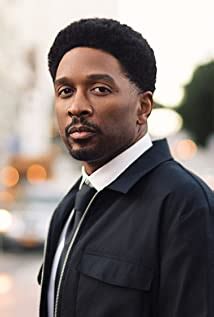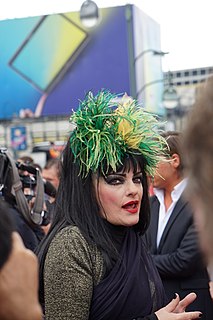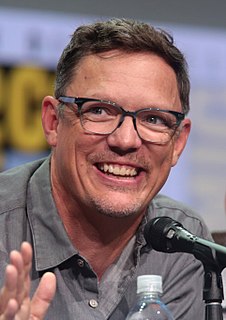A Quote by Joe Robert Cole
Well, TV does a better job. In film, the justification has been that movies focused on stories or featuring people of color don't make money.
Related Quotes
If I give five flops, I won't get a job. You have to perform at the box office when you are at the top. No one is running a charity here. People are putting huge amounts of money to make movies, and they want the films to be successful. They have invested money in you, so it is your duty to make sure the film does well.
If I wanted to do TV full-time, 'Breaking Bad' is definitely the type of project I would want to do. But TV is not my favorite thing in the world. I definitely want to focus on film. It's what I grew up loving. It's always been about movies, movies, movies, movies, movies. I really want to make great films.
When you're doing a film and the majority of the film is cast black, for me, it's most important to get people to view those movies as just movies, as just good movies. At the end of the day, regardless of the color of the cast, we're all doing the same thing in this business: trying to make a good film.
The model we established was to give creative people complete creative freedom in exchange for betting on themselves, so they work for the minimums you're allowed to work for, and if the movies work in a big way, everyone does very well. If the movies don't, nobody loses too much money. The benefit to doing all the movies low budget is we can tell different types of stories and take creative risks. The Purge would have been irresponsible to do for $20M, but to do it for $3M makes sense.
I think we need to have stories about women that don't necessarily fit the trope of the classic woman, because they do exist. We have to show real life on TV and film. And we don't. We only see maybe 5 percent of what real people are really like. I mean, movies set in Los Angeles that don't have any minorities in them - how does that happen?
In Europe, where we have all these different forms of financing and cultural funds and systems like that, it's a good mixture of supporting artists to make movies. But, on the other side, everyone still wants to make money making movies. Again, even in the European film business, it's expensive to make movies.

































